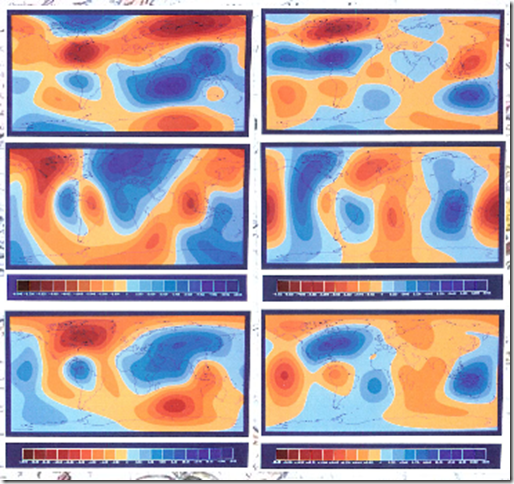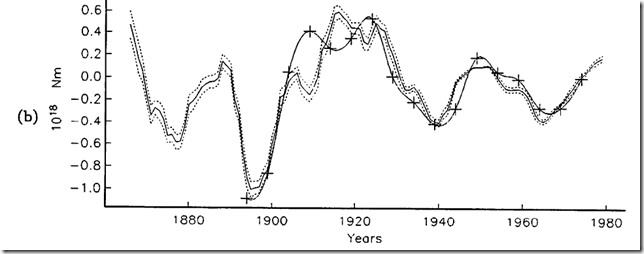Geomagnetic Storms–are they all bad?
Having just spent the last couple of hours restoring WiFi on my router by reinstalling the firmware and an hour yesterday morning figuring out why the audio on my Media Center had conked out (the power-save-on-standby device the computer is plugged into had gone haywire) you might be forgiven for cursing the series of geomagnetic storms the Earth is currently experiencing as a result of the huge solar flare that left the sun earlier this week. That is if you believe that is what caused the momentary brownout in my house yesterday morning. If nothing else this has convinced me, finally, that it is time to buy a decent uninterruptable power supply. But a few computer glitches pails to insignificance in comparison to what such storms can do to HVAC transformers. I mean, just listen to this:
“According to a study by Metatech corporation, a geomagnetic storm with a strength comparative to that of 1921 would result in at least 130 million people without electrical power and 350 broken HVAC transformers. The overall cost of restoring the grid to its original functionality and the economic damage caused by the disruption would be around 2 Trillion Dollars (2 000 000 000 000 USD).”
Wow! That would be pretty bad, right? It certainly would but let’s think for a moment about what would happen if we didn’t have them. Since geomagnetic storms are a direct result of the interaction of streams of charged particles coming from the Sun with the Earth’s magnetic field, if we did not have such storms that would mean either a) the sun was not working properly and we would all get very cold or b) the Earth’s magnetic field had temporarily or permanently collapsed, perhaps as a result of it transitioning during one the geomagnetic reversals that happen from time to time. That would not be good news either because a great reduction in the Earth’s magnetic field could have serious consequences for life in general and human society in particular. But that is very much open to debate.
I find it personally rather fitting that the Earth’s magnetic field should be coming under attack by the Sun’s emissions yet again just as I finish posting my PhD thesis “Geomagnetic Impulses and the Electrical Conductivity of the Lower Mantle” onto the internet just over 19 years after I originally published it in paper and submitted it for examination. I’ve also submitted it to the White Rose Etheses Online repository from which it should get picked up by the British Library’s beta EThOS online service that offers access to around 250,000 theses.
My research was not into the fluctuations in the Earth’s magnetic field arising from solar interaction themselves. For me, those effects were “noise” obscuring the “signal” that I was interested in – short term changes in the Earth’s magnetic field on the timescale of years and decades and originating from the Earth’s core. For although the field changes arising from solar effects happen on the timescale of seconds, minutes, hours and days, when averaged out there remain fluctuations on the timescale of months, years and even a “signal” correlated with the 11 to 12 year solar cycle itself.
Once you remove such fluctuations from the historical record it is then possible to track down the sudden changes coming from within the Earth, like this:
In this context “sudden” means over the timescale of a few years. But in the geological timescales of our planet’s history that is a blink of the eye! When we relate the electromagnetic torque arising from such changes to historical measurements (derived from astronomical observation) of the changes in the rotational speed of the Earth, we find there is a correlation:
The interesting thing is that appears to take around 6 years for this signal to find its way from the core to the surface, due to the electrical conductivity of the intervening rock.
Note: For the mathematicians out there, the really juicy stuff is around page 133. I wish I could remember how I did it! My thesis was entirely prepared using TeX and LaTeX mostly in the vi editor
Anyway, I hope you enjoyed this diversion away from my usual blogging topics of debugging software.
Cheers
Dr Doug

